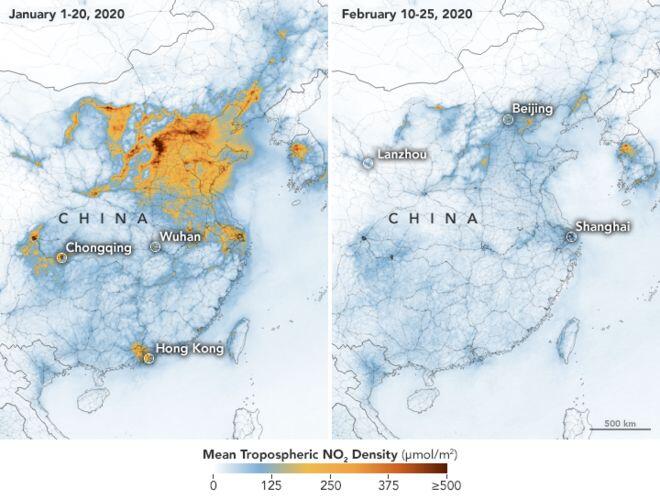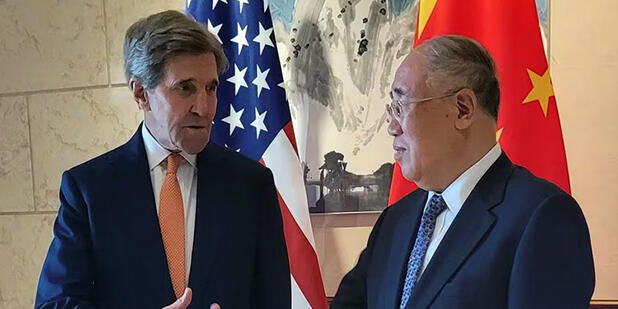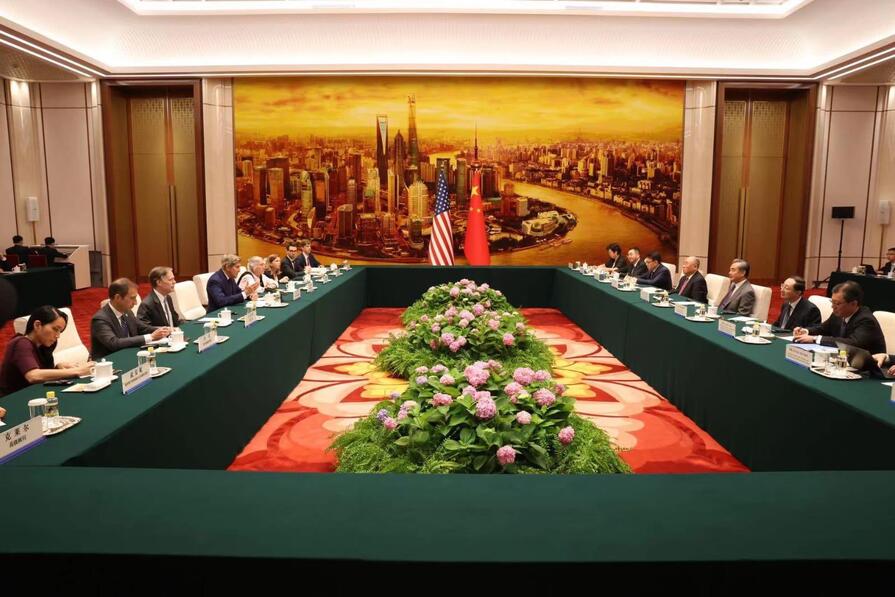Subscribe to our weekly newsletter to get them delivered straight to your inbox!
In order to combat COVID-19 through social distancing, governments all over the world have mandated lockdowns for huge portions of their citizens. Entire sectors of the economy have disappeared virtually overnight as restaurants, gyms, retailers, and other "non-essential" businesses have been forced to close. With no where to go, people are doing just that: going nowhere.
The four biggest U.S. airlines have cut flights by more than 40%. Los Angeles' notoriously packed highways are mostly empty. NYC's subway ridership has dropped 87%. But the drop in travel and shuttered businesses has resulted in noticeably cleaner air: China's CO2 emissions are down 25% and satellite images show drops in pollution worldwide.
Although China and the U.S. are both planning economic stimulus packages to combat the financial harm of the pandemic, China’s plan may include building more coal power plants—even while other countries are phasing them out. Since China’s air pollution causes many respiratory problems and kills thousands prematurely, the government will have to weigh if the need for cheap energy exceeds the need for clean air.
- California and China collaborate against climate change
- China's urban development impacts local and global environmental challenges
- The transformation of China's underground recycling industry
- China's censorship of environmental discussion




